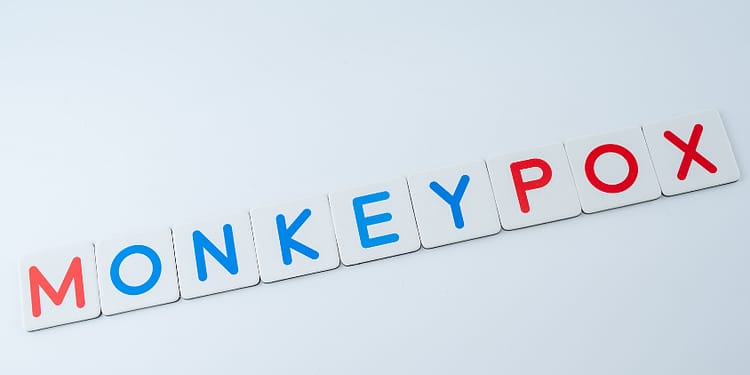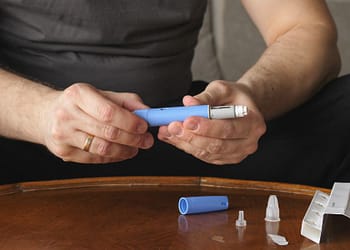The World Health Organization (WHO) has included two new in vitro diagnostic tests to detect monkeypox (mpox) in emergenciesThis decision expands diagnostic options and improves access to quality testing in low- and middle-income countries, responding to urgent public health needs.
On October 25, 2024, the WHO approved the Xpert Mpox PCR test, developed by Cepheid, for emergency use listing. This test, compatible with GeneXpert systems, automates the process and delivers results in less than 40 minutes.. In addition, it detects DNA from clade II of the mpox virus and allows testing near the point of medical care, decentralizing diagnosis.
The Diagnostic Test for Mpox cobas MPXV
The cobas® MPXV test from Roche Molecular Systems, Inc., also joined the list on October 14, 2024. This real-time PCR method can detect both MPOX clades and delivers results in less than two hours.The cobas 6800/8800 systems employ this test, which is suitable for laboratories handling a considerable volume of samples.
Impact on Public Health and Efforts in Africa
According to Dr Rogerio Gaspar, WHO Director of Regulatory and Prequalification, “ensuring global access to diagnostic tests that meet quality, safety and performance standards is critical to containing MPOX outbreaks.” In Africa, 19 countries reported more than 40,000 suspected cases in 2024.
This effort is complemented by initiatives such as the activation of the World Body for Health Emergencies by WHO and its partners, which seeks to optimize the response to outbreaks such as monkeypox.
However, confirmations remain limited by limited testing capacity in low- and middle-income regions. In the Democratic Republic of the Congo, the worst-affected country, the percentage of tests performed to confirm cases ranges from 40% to 50%.
Collaboration and Future Evaluations
WHO is working with manufacturers of listed products and national regulatory authorities to facilitate the registration and implementation of these tests. In addition, more than 60 manufacturers have expressed interest in having their products included in the list, and seven have already advanced to formal applications.
For more information, see the Official WHO statement on the inclusion of new tests for the diagnosis of monkeypox in its emergency use list.






